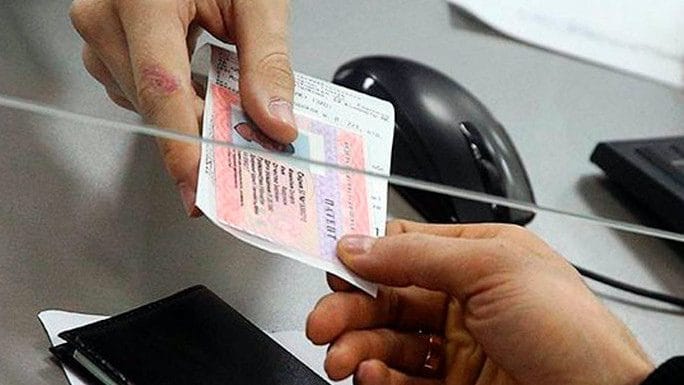🎧 Listen to This Article
One of the key innovations of the law is the introduction of a patent-based taxation system for trading activities, primarily in markets. This was announced by the Deputy Chairman of the State Tax Service, Kubanychbek Ysybekov.
“This decision is driven both by numerous requests from entrepreneurs and the practical difficulties of doing business in markets—unstable infrastructure, power outages, limited internet access, and other conditions that complicate the use of cash registers (KKM), electronic invoices (ESF), and other digital tools,” he explained.
Transitioning to the patent system will exempt such businesses from issuing ESFs, using KKM, and submitting reports. However, to prevent tax risks, the law imposes restrictions on import and export operations for entities using the patent system.
Ysybekov added that patent fees are determined based on declared turnover. Unlike the previous trade limit of 8 million soms, there will be no turnover restrictions for patent-based market trade. The main fee guidelines are as follows:
- Up to 4 million soms annual turnover (stalls, carts, and market trading points without containers): 1,500 soms per month.
- Container-based trading with turnover up to 8 million soms annually: 3,500 soms per month.
- For turnover exceeding these thresholds, fees increase proportionally.
Special Trade Zones: Import Prohibited, Export Allowed
For entities registered at Dordoi and Kara-Suu markets, similar import restrictions apply. Given the export-oriented nature of these markets, export operations are permitted. As with the patent system, entities in special zones are exempt from ESF and KKM, but face restrictions regarding tax deductions for their counterparties.
Restrictions on Deductions for Purchases from Special Regimes
The law introduces an important restriction: if a general regime taxpayer purchases goods from patent holders, special zone participants, or single-tax entities with a 0.5% rate, they cannot claim these purchases for tax deductions. This measure aims to prevent tax avoidance schemes and abuse by major market players.
Reduction of Tax Rates
Ysybekov noted that the law also significantly reduces several tax rates:
- Sales Tax:
- To anonymous recipients: reduced from 4% to 2%.
- For sales to entities with a reduced single-tax rate (0%, 0.5%), special market zones, or patent entities:
- Cash payments: reduced from 3% to 2%
- Non-cash payments: reduced from 2% to 1%
- Single Tax:
- To anonymous recipients: reduced from 6% to 4%
- Previously applied 0.1% and 1% rates are canceled
- The 0.5% rate threshold increased from 30 million to 50 million soms turnover
These measures aim to eliminate incentives for tax evasion and support honest market participants.
Clarification on Sanctions for Missing Documents
Previously, the tax service imposed a 10% penalty for goods without supporting documents. This was first reduced to 5%, and the new law introduces an even more lenient approach:
All entities are exempt from sanctions for missing documents, except general regime and single-tax entities with 4-2% rates, and only if they do not register the incoming goods in the ESF system. Large entities can now legalize goods purchased without documents by registering them in the ESF system.
Protection Against Tax Schemes
To prevent underreporting of the tax base, the law (Article 139 of the Tax Code) states that if goods are sold to patent holders, special regimes, or special zones at lower prices than to general regime entities, taxation will be based on the higher market price.
Transition to Patent System and Support for Small Points
With the cancellation of the 0.1% single tax applied to six markets, entities can choose between the patent system, single tax at 0%, 0.5%, or 4-2%, or the general regime. Most markets, following meetings with entrepreneurs, expressed readiness to switch to the patent system.
Additionally, non-stationary trading points (kiosks, pavilions, containers up to 20 sqm) outside markets can also adopt the patent system under the new law.
For any questions, clarifications, feedback, or contributions regarding this article, please contact us at editorial@tax.news. We welcome your input and are dedicated to delivering accurate, timely, and insightful tax news. All inquiries will be handled confidentially in accordance with our privacy policy.



